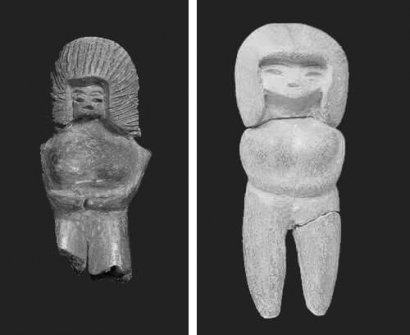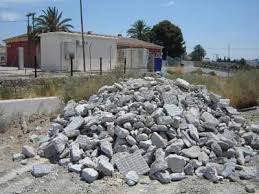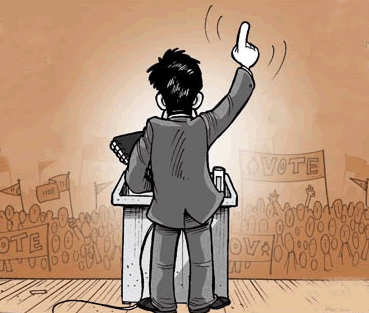 The term reflection can be used in different ways and with different meanings. However, there are two main ones that have to do one with the activity of reflecting or meditating and the other with reflecting something. While the first is a purely mental activity and the subject is related to disciplines such as philosophy, the second option is an empirical act that occurs naturally and is studied by sciences such as physics or optics.
The term reflection can be used in different ways and with different meanings. However, there are two main ones that have to do one with the activity of reflecting or meditating and the other with reflecting something. While the first is a purely mental activity and the subject is related to disciplines such as philosophy, the second option is an empirical act that occurs naturally and is studied by sciences such as physics or optics.
Typically human act that allows people to meditate on different aspects
In the sense of reflecting or meditating, reflection is one of the deepest and most initial acts that the human being carried out and it is also the one that is proper to his condition as human since it only appears possible in these beings and is associated closely to his ability to reason and to be able to inquire about everything that surrounds him and also about himself.
The appearance of reflection always had to do with the development of an abstract and much deeper consciousness than that possessed by the rest of the animals. The human being, when creating a language and developing a system of abstract thought, dedicated an important part of his time from the beginning to reflect and meditate on different aspects that they do both to his daily life and to elements of greater scope such as the cosmos, the moment after death, what is not known, etc.
Reflection allows the human being to meditate on circumstances, life events, among others in order to draw precise conclusions about them. From reflection, people will form a reality about what surrounds them and leads them precisely to reflect and immediately afterwards they will try to understand as effectively as possible the relationship that exists between those phenomena that are put into observation. Always, then, reflection will provide knowledge about some aspect.
Participate in decision making
But in addition to allowing us to generate realities and conceptions of the world, reflection allows us to use the new knowledge that we are obtaining, and one of the most relevant questions, allows us to choose a way forward, make a decision, generate an action that will go from the hand of the interpretation that has been made after reflection.
We have already pointed to philosophy as one of the disciplines that has dealt with reflection and we cannot ignore the work carried out by psychology, its cognitive branch, which approached the subject with the intention of studying how people capture sensitive information , then processes it, synthesizes and memorizes it so that when the time comes to use it.
A virtue
On the other hand, reflection is also considered a virtue today, if one takes into account that the stressful lifestyle that one leads does not allow us to stop for a moment to think before acting impulsively. That is, the intense events in which we are immersed today makes it difficult for us to sit down, reflect on sensitive issues and after having clear things to be able to make a decision and choose the best decision. By case it is that being able to do it, those who do it, are recognized for this capacity and it is elevated to the rank of indisputable value.
When we meet people who constantly reflect, we inevitably feel a special admiration for them.
The good and advisable thing is that we can all imitate them and transfer that action to our lives. If we could reflect more on what we do and say, we will surely avoid more than one problem or make a bad decision.
A ray of light is reflected off a surface
Reflection as a scientific term has to do with the act of reflecting a ray of light on a surface. In this way, the reflection causes the ray of light to be absorbed or rejected, thus generating the different variety of colors and complex images that many times can seem real but are nothing more than representations of reality. Reflection in this sense is also related to other disciplines such as optics, computing and geometry.









